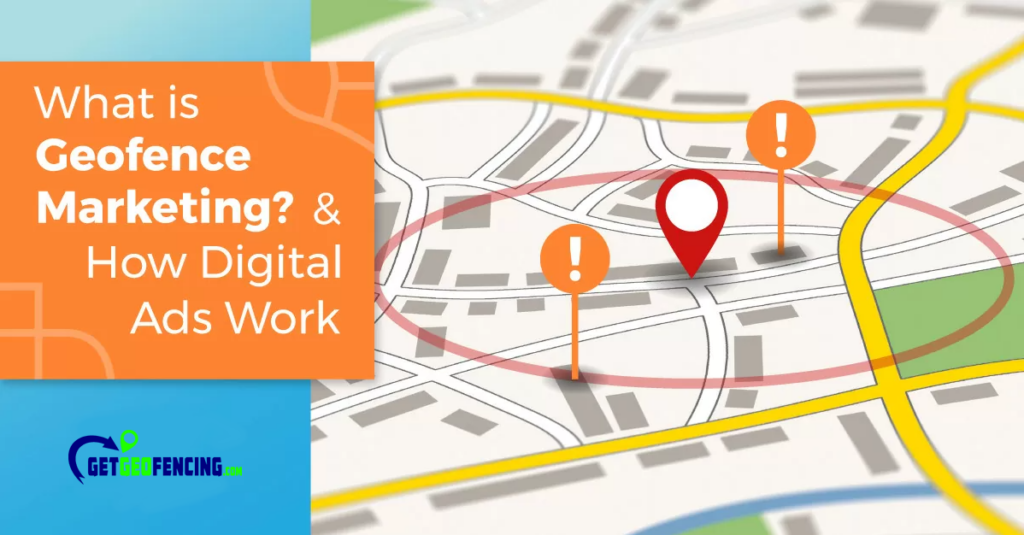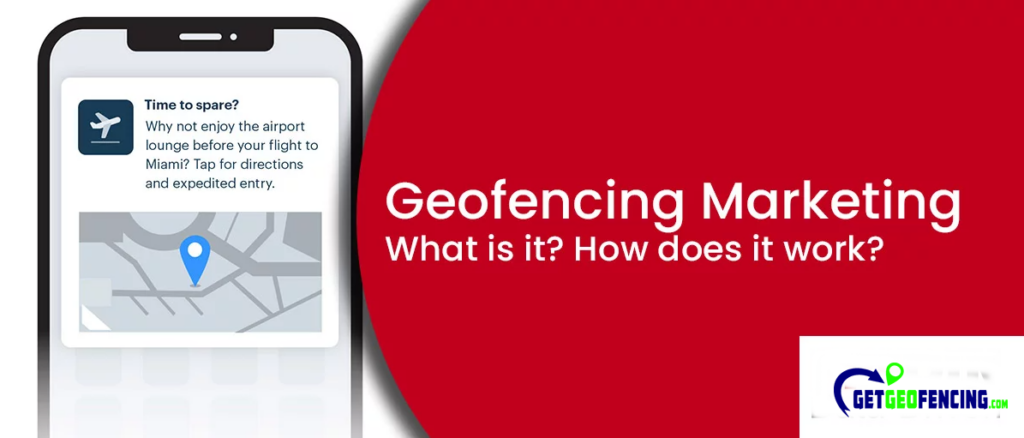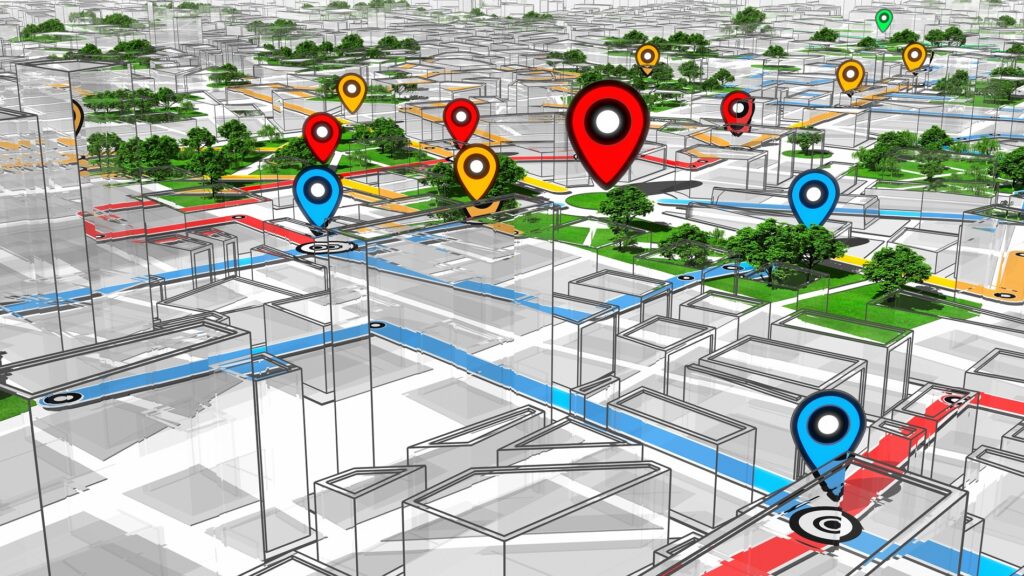Geofence Marketing For Security Alarm Installers

Understanding Geofence Marketing
Geofence marketing is a location-based marketing strategy that targets potential customers within a specific geographic area. This strategic approach uses technologies like GPS and radio frequency identifiers to create virtual boundaries around a business location. Once these boundaries are defined, businesses can send targeted ads or notifications to mobile devices within the set perimeter. This marketing methodology is critical for sending timely and relevant promotions to potential customers, thereby increasing the chance of conversions.
Geofence marketing allows businesses to reach customers in a more personalized and targeted way. By using location data, businesses can deliver ads or notifications that are specific to the customer’s location or interests. For example, a security alarm installer could send a special offer for home security systems to potential customers who are in close proximity to their business location. This targeted approach increases the likelihood that customers will engage with the ad and take action.
In addition to location-based targeting, geofence marketing also allows businesses to track and analyze customer behavior within the defined boundaries. By collecting data on customer interactions and responses to marketing campaigns, businesses can gain valuable insights into customer preferences and behaviors. This data can then be used to refine future marketing efforts and improve overall campaign effectiveness. This can create a tremendous return for geofence marketing for security alarm installers.

The Power of Location-Based Marketing
Location-based marketing has emerged as a powerful tool for businesses to reach the right audience at the right time. Geofence marketing, in particular, can be instrumental for security alarm installers in boosting local foot traffic and sales. By targeting customers who are in proximity to the installers’ business location, geofence marketing can help drive more inquiries and service orders.
With the increasing use of smartphones and mobile devices, consumers are constantly connected and receptive to receiving location-based ads or notifications. According to a study by xAd, 70% of smartphone users are more likely to visit a store if they receive a location-specific ad. This statistic highlights the potential of geofence marketing to drive foot traffic and increase conversions for security alarm installers.
Moreover, geofence marketing campaigns are typically data-driven, enabling businesses to enhance their marketing results by gaining valuable insights into customer behaviors and preferences. These insights can then be used to refine audience targeting and improve the effectiveness of future marketing initiatives. By analyzing data on customer interactions and responses to geofence marketing campaigns, security alarm installers can make informed decisions about their marketing strategies, ultimately leading to better results and increased business growth.


